Clearly shown to be the "pillar" of the economy
Immediately after the COVID-19 pandemic was brought under control, the global economy fell into a spiral of instability due to the Russia-Ukraine conflict, tensions in the Middle East, strategic competition between major countries and the trend of global tax adjustments. Along with that, climate change is increasingly extreme, putting global food security at risk. For Vietnam, a forecast of a sea level rise of 32-76 cm by 2100 could reduce agricultural land, cause water shortages and increase natural disasters.
In that context, Vietnamese agriculture is still resilient, playing the role of a pillar of the economy. In the period 2021-2024, agricultural GDP increased by an average of 3.57%/year; agricultural export turnover increased by 10.3%/year, reaching nearly 63 billion USD in 2024, making Vietnam rank 15th in the world and 2nd in Southeast Asia in agricultural exports. Vietnamese agricultural products are now present in 196 countries and territories, contributing to maintaining trade surplus and enhancing the country's economic strength.
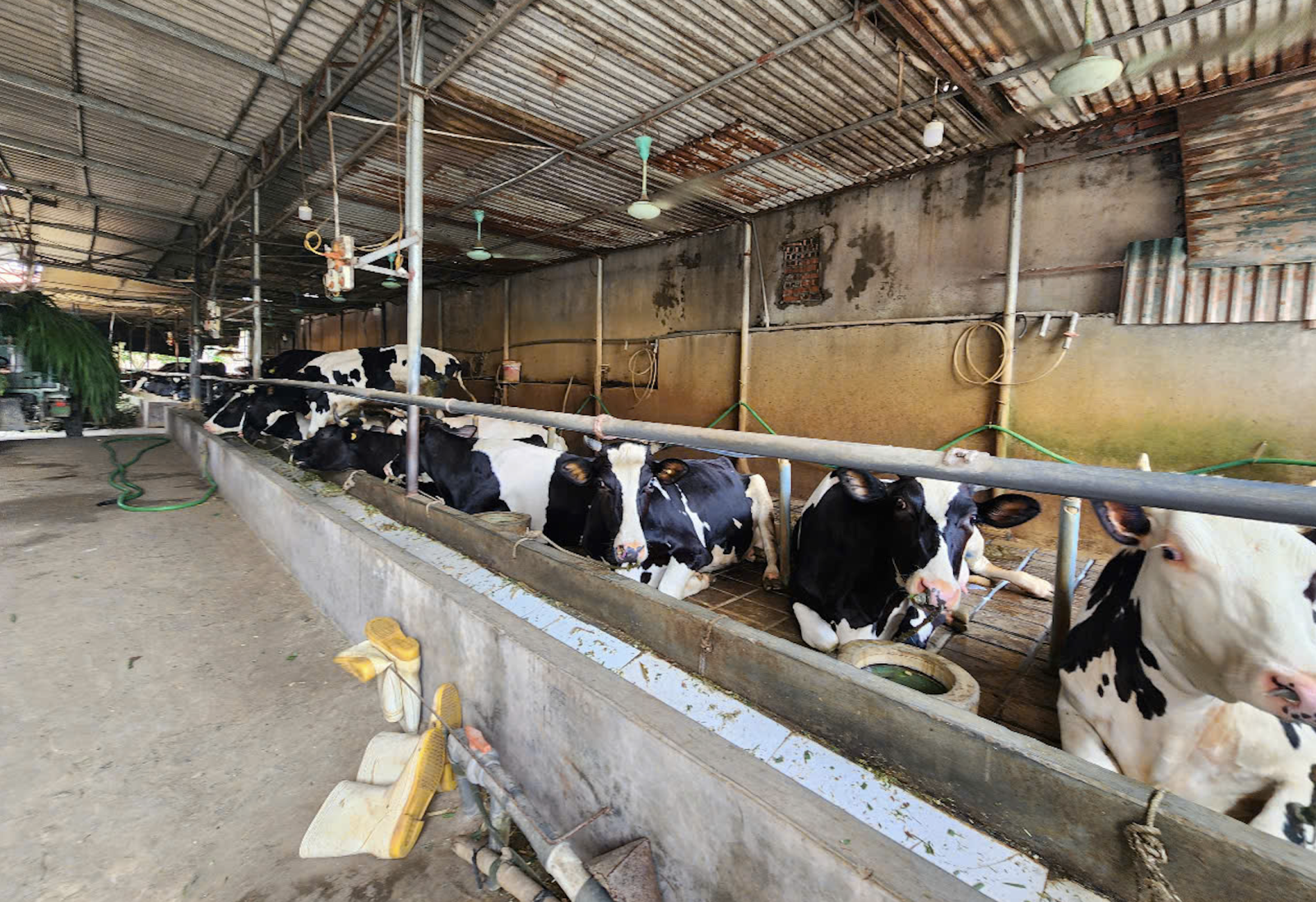
Not only an “export machine”, agriculture is also a social security foundation with about 10 million farming households and millions of business households and rural service enterprises. Average rural income in 2024 will reach 54 million VND/person, 1.3 times higher than in 2020; the multidimensional poverty rate will decrease to 3.5%.
The new rural development program continues to make a deep impression: By June 2025, 78.7% of communes met the standards; more than 1,500 especially disadvantaged villages and hamlets were recognized as meeting the standards. OCOP products are increasingly diverse with 4,919 certified products, enhancing local values and expanding the consumer market.
“Thanks to the Party's correct orientations, flexible, effective and timely policies, and the Government's drastic management, during this period the economy in general has grown strongly and agriculture in particular has always been a bright spot and clearly demonstrated to be the "pillar" of the economy," according to the assessment of a representative of the Institute of Strategy and Policy on Agriculture and Environment.
Green transformation - the foundation of sustainable development
Faced with the inevitable demands of the times, Vietnam has identified green transformation and sustainable development as a strategic direction. The 13th Party Central Committee issued Resolution 19 affirming that agriculture, farmers, and rural areas have a strategic position in the cause of industrialization and modernization of the country. Agriculture is the advantage and sustainable foundation of the nation, while rural areas are an important economic development area, a key space associated with natural resources, cultural and social foundations, ensuring security and national defense of the country.
At the same time, the Government has implemented many key policies to effectively manage resources and protect the environment. Vietnam committed at COP26 to achieve net zero emissions by 2050 and has soon institutionalized it through Decree 06/2022/ND-CP on reducing greenhouse gas emissions and developing the carbon market; National Strategy on Green Growth; National Strategy on Climate Change to 2050.
The 2024 Land Law strengthens public auctions and bidding, digitizes land data, and ensures sustainable exploitation of land resources. The 2023 Water Resources Law strongly shifts from “exploitation management” to “water capital management”, considering water as a public asset with economic value; requires the restoration of degraded water resources and the enhancement of national water security. Mineral management tightens raw mining, prioritizes deep processing, environmental restoration, and the development of a circular mineral economy.
Environmental protection work has been focused on and strongly innovated with a consistent policy of not trading the environment for mere economic growth. Rural pollution, waste, and plastic waste have been better controlled. Renewable energy and circular economic models have grown remarkably, contributing positively to emission reduction. Forest cover continues to be maintained; the system of conservation areas and natural heritages has been expanded and better protected.
The capacity to forecast, monitor climate and warn of natural disasters has been significantly improved; human and property losses have decreased sharply compared to 10 years ago. The “4 on-the-spot” motto in natural disaster prevention is highly appreciated internationally.
Thanks to that, Vietnamese agriculture is shifting from production thinking to multi-value agricultural economy, valuing economic, ecological, cultural and social values, gradually catching up with the world's development trends.
From the achievements, it can be affirmed that the agricultural and environmental sectors continue to be a bright spot and an important pillar of the Vietnamese economy. Not only creating growth momentum and ensuring livelihoods for millions of households, the sector is also at the forefront of environmental protection, climate change adaptation and enhancing the country's resilience to global risks.
Source: https://baotintuc.vn/kinh-te/nganh-nong-nghiep-khang-dinh-la-tru-cot-quan-trong-trong-phat-trien-kinh-te-20251101165455944.htm







![[Photo] Prime Minister Pham Minh Chinh chairs the second meeting of the Steering Committee on private economic development.](https://vphoto.vietnam.vn/thumb/1200x675/vietnam/resource/IMAGE/2025/11/01/1762006716873_dsc-9145-jpg.webp)
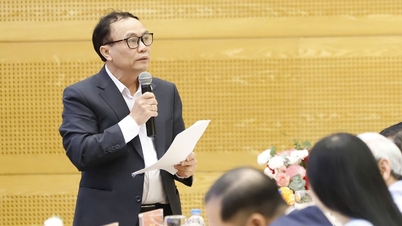
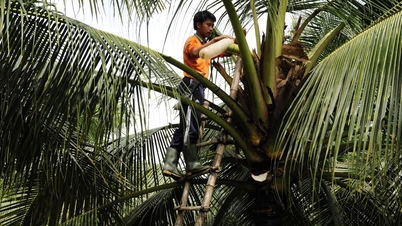

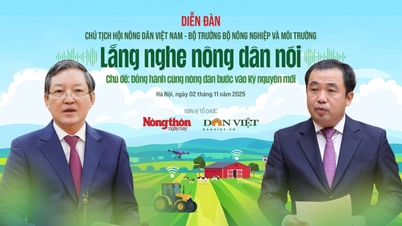


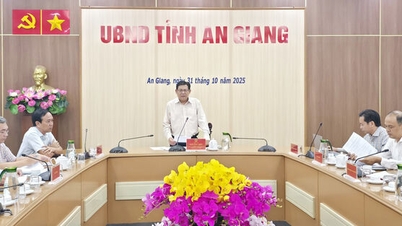

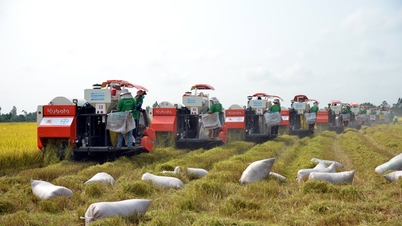
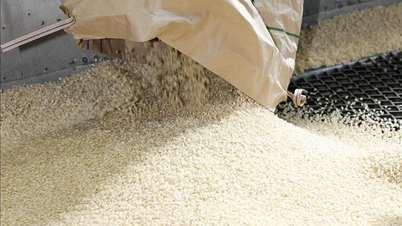

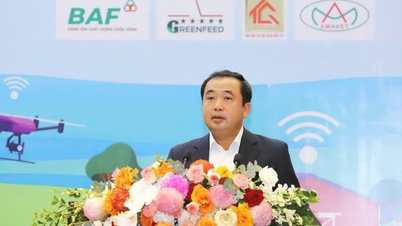

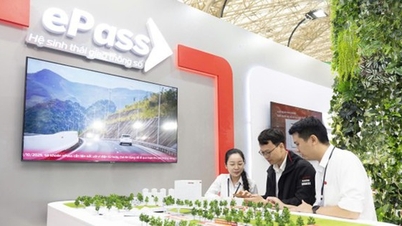
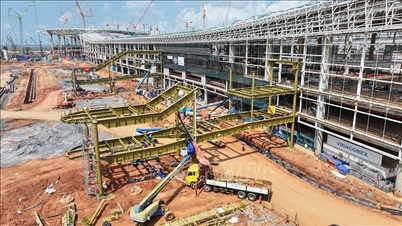
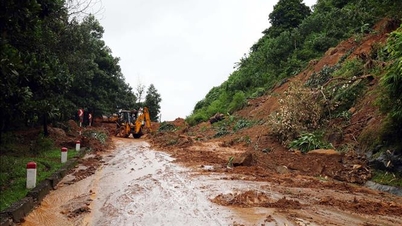




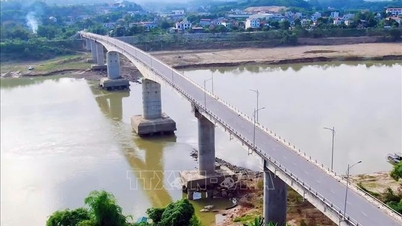
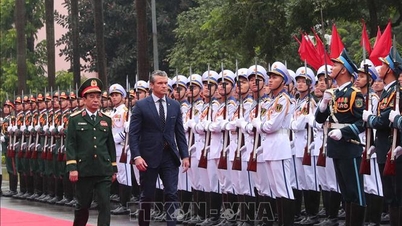
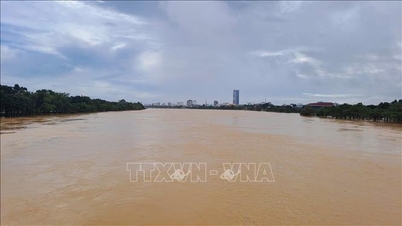
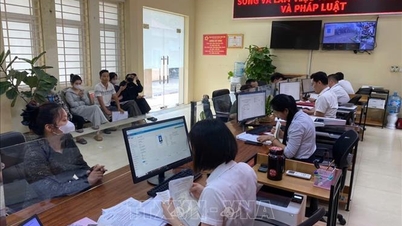
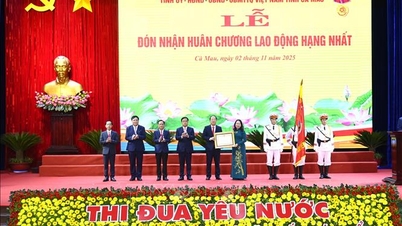
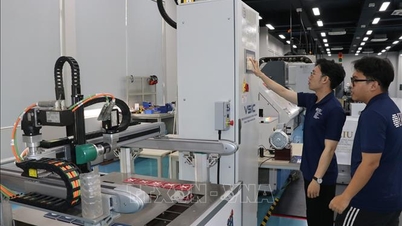



































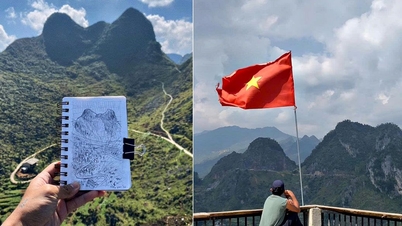









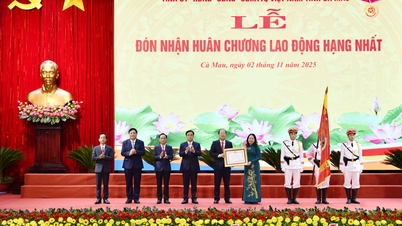



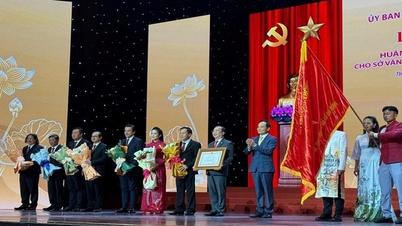
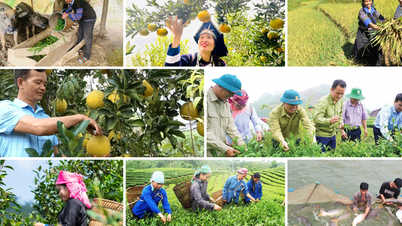
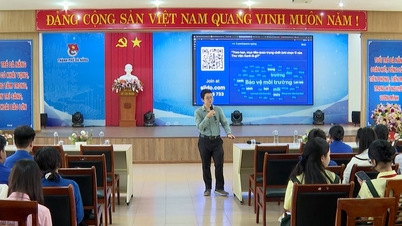

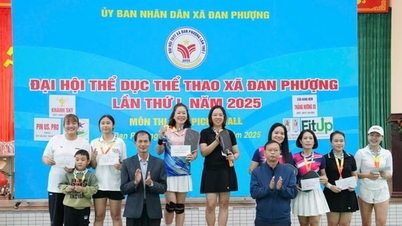

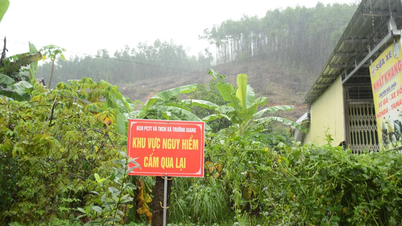


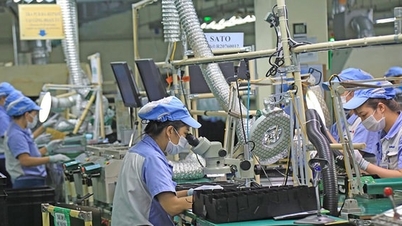












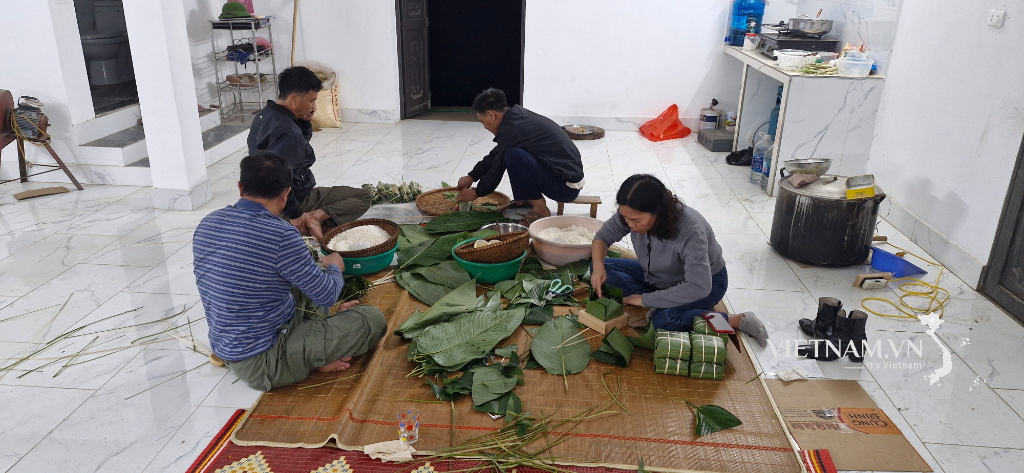



Comment (0)